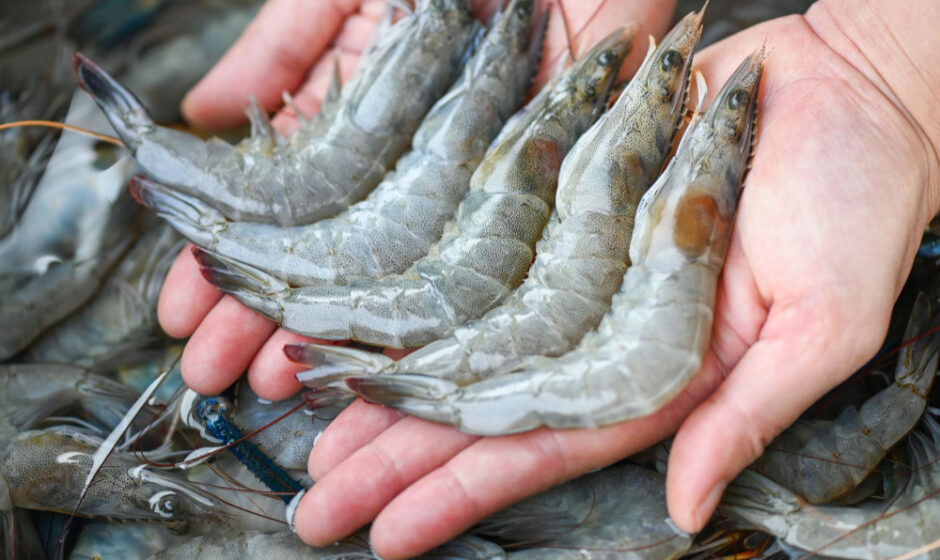India’s seafood exporters have launched an urgent appeal for the waiver of a 30% customs duty on shrimp imports from the United States, expressing deep concern that the existing tariff could trigger retaliatory measures from America, potentially damaging India’s dominant position in the global shrimp market.
Industry Concerns Over Potential Retaliation
During a recent meeting with Commerce Minister Piyush Goyal in Kochi, seafood industry stakeholders highlighted their fears that the existing 30% duty on US shrimp imports might prompt the US to impose reciprocal tariffs on Indian seafood exports. The US market accounts for 34% of India’s total seafood export turnover, making it the largest export destination for Indian shrimp.
“While the volume of shrimp imports from the US is relatively small, the bigger concern is the potential for trade retaliation,” said a senior industry official who participated in the discussions. “Any increase in US tariffs could severely impact our industry, which has worked hard to establish India as a premier supplier of quality shrimp.”
Trade Statistics Show Asymmetrical Trade Balance
According to Department of Commerce statistics, the value of shrimp imports from the US to India in 2024-25 (up to November) was $3.16 million, while Indian seafood exports to the US during the same period were $1.32 billion. In the previous fiscal year, imports from the US were $2.91 million compared to exports of $1.81 billion.
“These figures demonstrate the highly asymmetrical nature of our seafood trade with the US,” explained K.N. Raghavan, Secretary General of the Seafood Exporters Association of India. “The minimal impact on our domestic market from removing the duty pales in comparison to the potential losses if our access to the US market is restricted.”
Ongoing US Trade Investigations
The industry’s appeal comes amid growing concerns about two separate US investigations:
- A potential Countervailing Duty (CVD) of 5.77% on Indian shrimp exports
- An anti-dumping duty investigation initiated by the US Department of Commerce
“These investigations add another layer of uncertainty for our exporters,” said Raghavan. “We need to take proactive steps to maintain the strong trade relationship we’ve built with the US market.”
Biodiversity Regulation Challenges
In addition to tariff concerns, seafood exporters raised issues related to state biodiversity boards taking action against export units. These boards are demanding payment of Access and Benefit Sharing (ABS) charges under India’s Biological Diversity Act of 2002.
The industry has requested Minister Goyal’s intervention to include seafood in the list of items exempt from the Biological Diversity Act’s purview, arguing that seafood should be treated differently from other biological resources.
Government Response and Next Steps
The Commerce Ministry has acknowledged the concerns raised by the seafood industry and is currently reviewing the situation. No official statement has been released regarding potential changes to the tariff structure.
Industry sources suggest that a decision may be forthcoming before the next round of US-India trade discussions scheduled for later this month.
Conclusion
The Indian seafood industry’s appeal highlights the delicate balance required in international trade relationships, especially for sectors dependent on single large markets like the US. As India continues to strengthen its position as a global seafood supplier, navigating these trade complexities will be crucial for maintaining export competitiveness and ensuring sustainable growth in the sector.
The outcome of this appeal will have significant implications not only for India’s seafood exporters but also for the broader trade relationship between India and the US, particularly as both nations work to resolve ongoing trade disputes and investigations.

